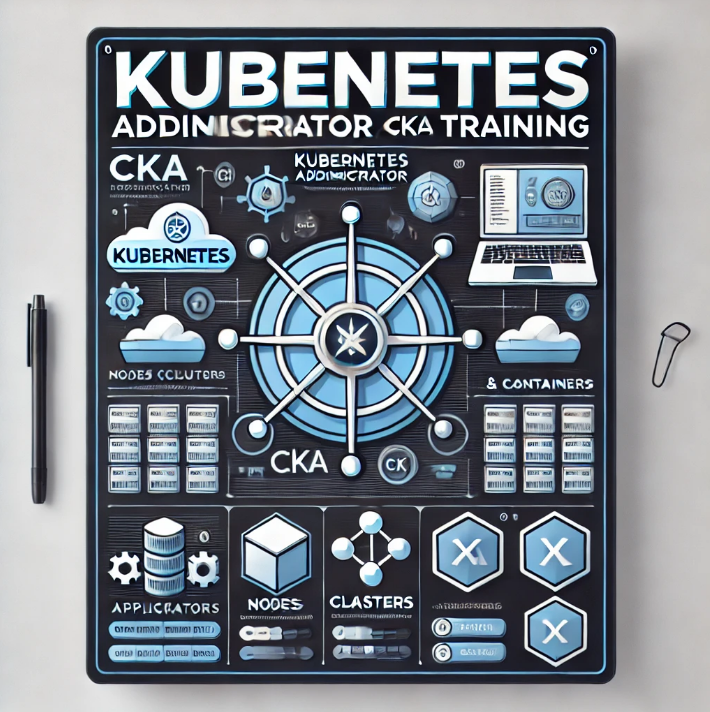Ethical Hacking Course
Thu, 10 Oct 2024

Follow the stories of academics and their research expeditions

Unlocking the Power of Salesforce: Implementation, Benefits, and Best Practices
Salesforce is a leading Customer Relationship Management (CRM) platform used by businesses worldwide. CRM systems like Salesforce are crucial in today's business environment because they help manage customer interactions, streamline processes, and improve profitability. This article will explain what Salesforce is, how to implement it, its benefits, features, best practices, and common challenges.
Salesforce is a powerful platform designed to manage customer relationships. It offers various products and services to help businesses grow and succeed. Core functionalities include tracking customer information, managing sales processes, and offering customer support. Salesforce provides different clouds such as Sales Cloud, Service Cloud, and Marketing Cloud, each tailored to specific business needs.
Implementing Salesforce involves several steps. First, you need to define your business goals and requirements. Next, customize Salesforce to fit your unique needs, which may involve integrating it with other systems you use. Training and onboarding are crucial to ensure your team knows how to use Salesforce effectively. Providing continuous support and resources helps maximize the platform's benefits.
There are many reasons to choose Salesforce for your CRM needs. Salesforce enhances customer relationships by providing a complete view of each customer, enabling personalized interactions. It streamlines sales processes, making it easier to manage leads and close deals. The platform is scalable and flexible, allowing it to grow with your business. Additionally, Salesforce's robust analytics and reporting tools help make data-driven decisions.
Salesforce offers a variety of features and tools to support your business. The Sales Cloud helps manage sales activities and track performance. The Service Cloud provides tools for customer support and case management. The Marketing Cloud offers solutions for email marketing, social media marketing, and customer journeys. Salesforce AppExchange provides access to third-party applications that can enhance functionality. Reporting and analytics tools give insights into business performance and customer behavior.
To get the most out of Salesforce, follow these best practices. Regularly clean and maintain your data to ensure accuracy. Leverage automation and workflows to streamline processes and save time. Use Salesforce dashboards and reports to track performance and make informed decisions. Continuous training and support help ensure your team uses Salesforce effectively.
Using Salesforce can come with challenges. Data migration and integration can be complex and require careful planning. Ensuring user adoption and providing adequate training is crucial for success. Balancing customization with standardization is important to maintain consistency while meeting unique business needs. Addressing these challenges requires a strategic approach and ongoing support.
Salesforce is a powerful CRM platform that offers numerous benefits for businesses. It helps enhance customer relationships, streamline processes, and provide valuable insights. Implementing Salesforce involves careful planning, customization, and training. Following best practices and addressing challenges ensures you get the most out of the platform. The future of Salesforce looks promising, with continuous innovation and new features that will further support businesses in their CRM efforts.
Thu, 10 Oct 2024

Sun, 22 Sep 2024

Sat, 21 Sep 2024
